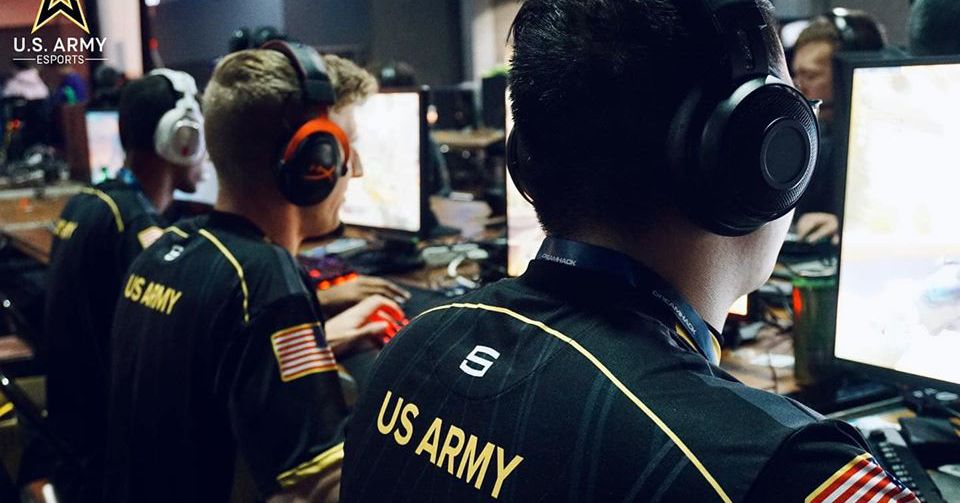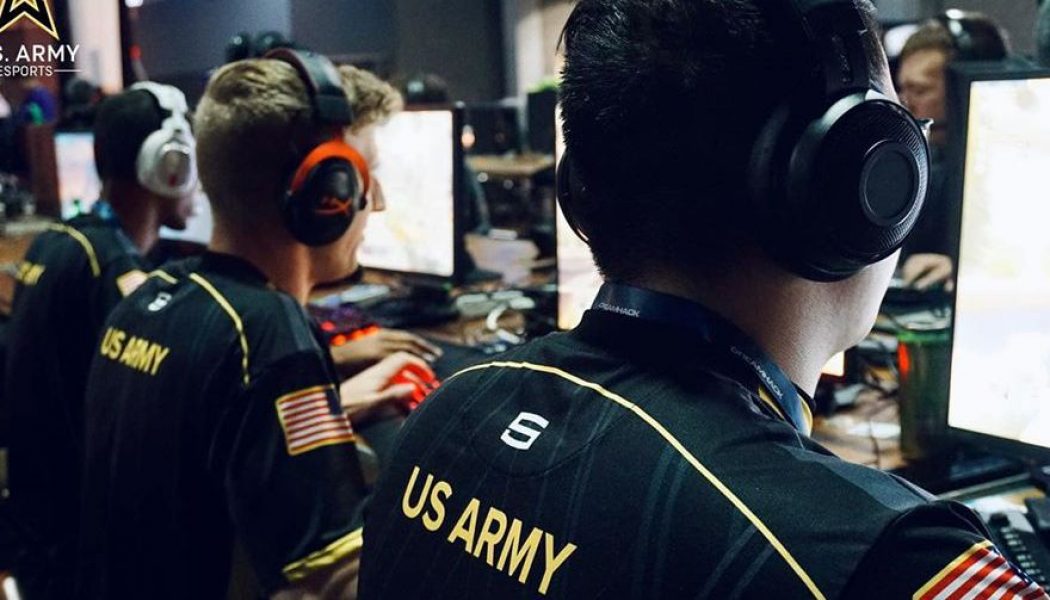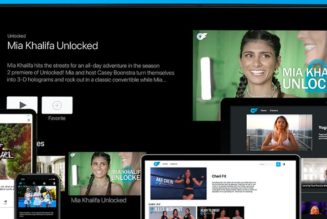
Twitch has intervened to stop the US Army using fake prize giveaways on its esports channel to redirect viewers to army recruitment pages.
The practice was brought to light by a report from The Nation on the use of esports as a recruitment tool by the American military. The US Army, Navy, and Air Force all field esports teams comprised of active and reserve personnel who stream on Twitch and chat with young viewers about life, video games, and the opportunities afforded by military service.
“Esports is just an avenue to start a conversation,” Major-General Frank Muth, head of the army’s recruiting command, told ThinkTech Hawaii recently. “We go out there and we have a shared passion for esports … and it naturally devolves into a conversation, ‘What do you do?’, ‘I’m in the army.’”
This outreach included automated links dropped into the army’s stream chat that told viewers they could win an Xbox Elite Series 2 controller in a “giveaway.” But when anyone clicked the link, says The Nation, they were directed to “a recruiting form with no additional mention of a contest, odds, total number of winners, or when a drawing will occur.”
Viewers, streamers, and game developers reacted with anger to the news, saying that any other channel would face repercussions for such behavior. Twitch itself has now apparently forced the army to stop these giveaways, according to a report from Kotaku.
“Per our Terms of Service, promotions on Twitch must comply with all applicable laws,” a spokesperson for streaming site told Kotaku. “This promotion did not comply with our Terms, and we have required them to remove it.”
In addition to fake prize giveaways, the army’s Twitch stream is also in trouble for potentially violating the first amendment after it banned viewers who asked recruiters what their favorite US Army war crime was.
Although Twitch allows streamers to moderate their channels however they see fit, any public forum hosted by the government — including those online — must follow stringent free speech rules. This was established last year when a federal court ruled that President Donald Trump isn’t allowed to block his critics on Twitter.
“As a general rule, as established in our case against Trump, if a government agency or branch of the military operates a social media platform or a website, and they allow people generally to post comments then typically that would be considered a public forum,” Katie Fallow, a senior attorney with the Knight Foundation, told Vice. “If the Army run Twitch channel is a public forum, then deleting comments or blocking people from commenting based on their viewpoints, such as asking about military crimes, would violate the first amendment.”










